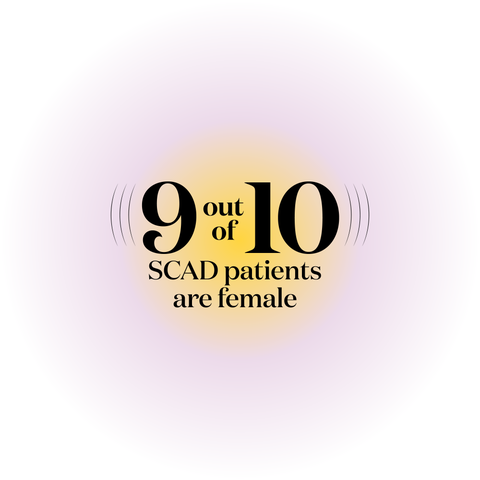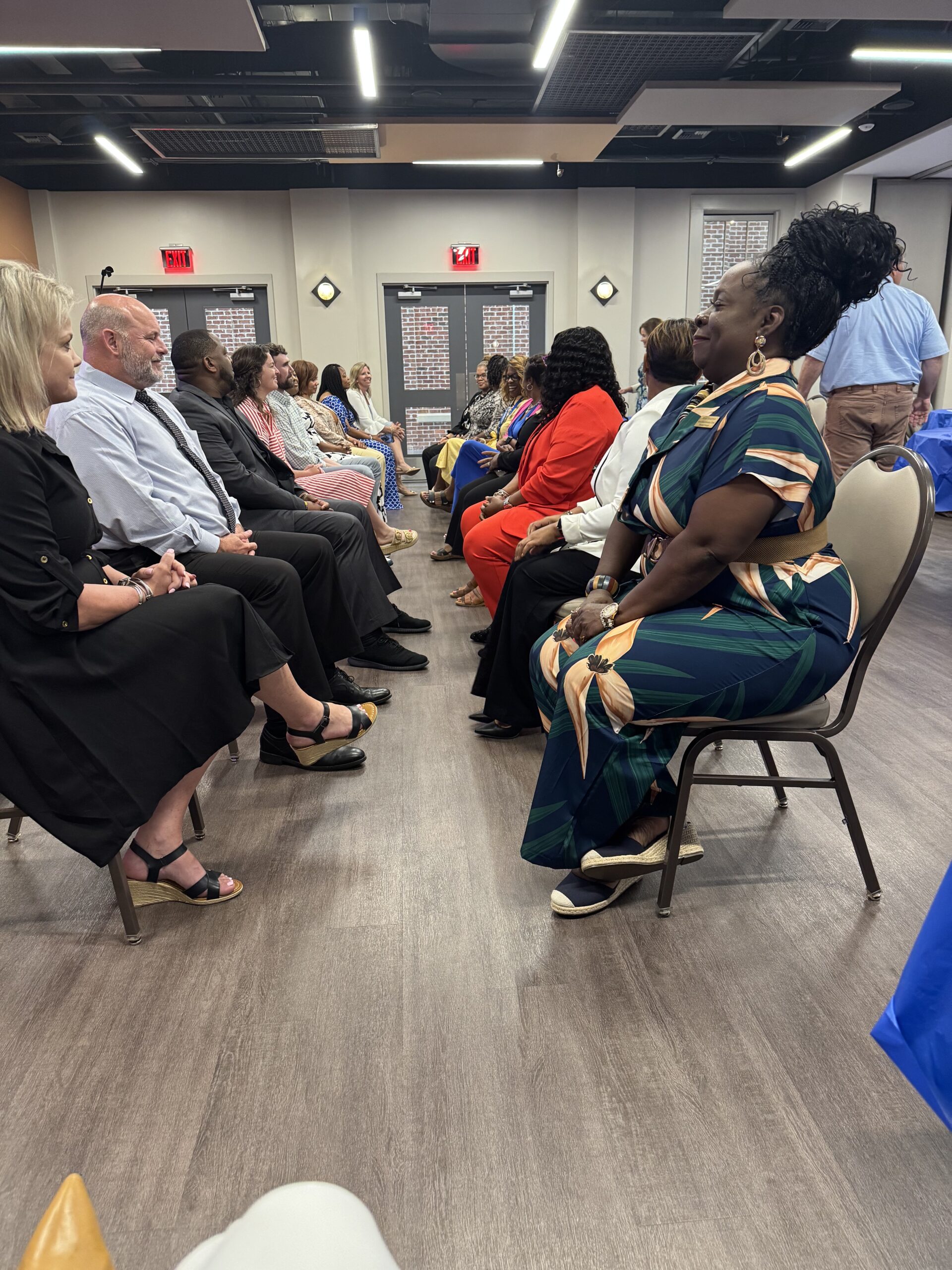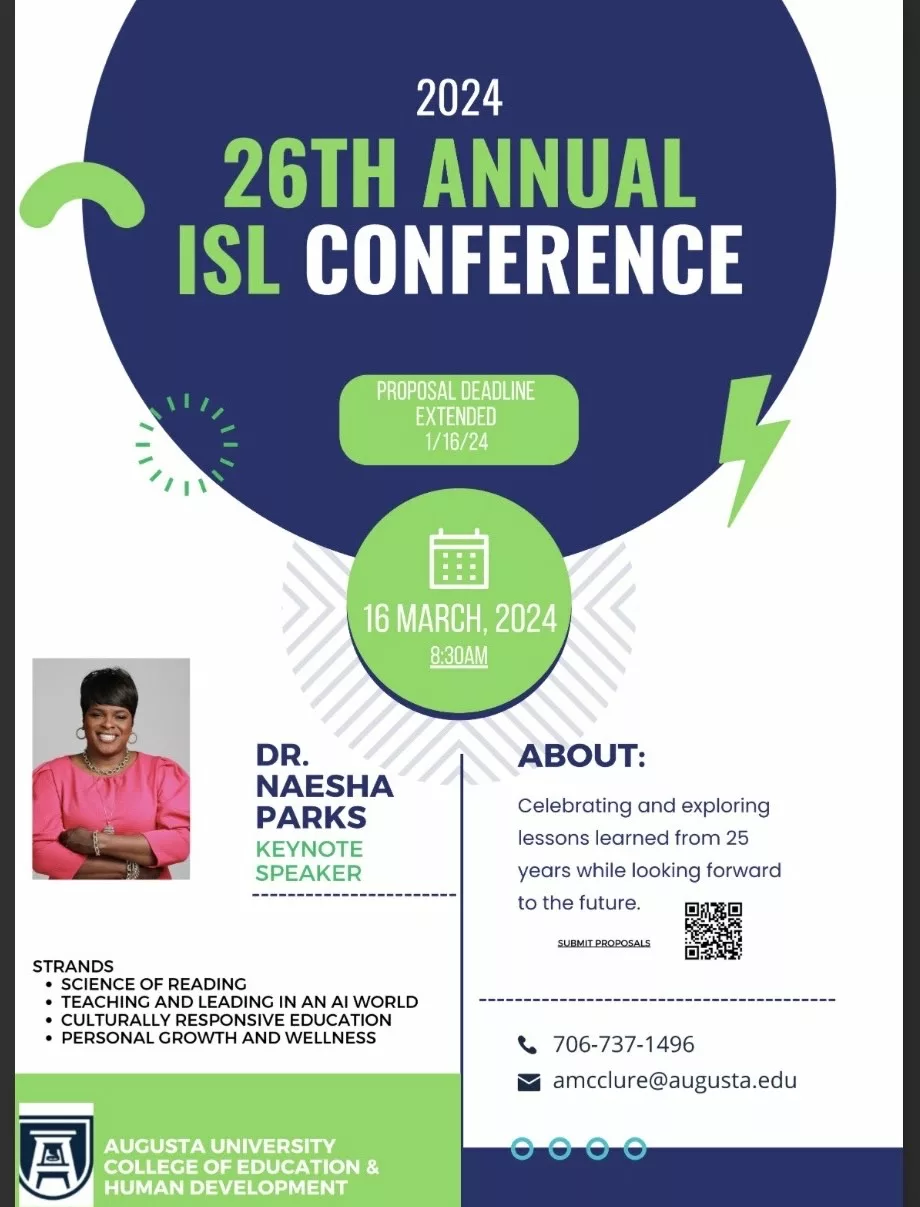This Heart Attack Targets Young, Active Women And Doctors Don’t Really Know Why
The early research that exists today is thanks to a strong partnership with patients and cardiologists.
“You’re so young to have that scar.” That’s what Naesha Parks often hears when people see the mark on her chest from the open-heart surgery she had at age 35. On hot summer days in her hometown of Evans, Georgia, the raised scar peeks out from tank tops and blouses. “You had a heart attack?” they ask in disbelief.
In 2008, several days after the birth of her son, the former school administrator was hanging out with a friend when she started feeling off. She was terribly exhausted and sweating, and she felt pressure in her chest. Parks told her friend to call 911. Then she blacked out and woke up three days later in the hospital. “The way my surgeon describes it, it was like I got run over by a car, hit by a train, and then got back up, only to be hit by a Mack truck,” says Parks. She had suffered a spontaneous coronary artery dissection (SCAD) that resulted in a heart attack, and then she had a pulmonary embolism. After 28 minutes, doctors were able to resuscitate her.
“This wasn’t supposed to happen to me,” says Parks. The doctors could explain the pulmonary embolism—an arterial blockage that was likely a result of her C-section—but they had no answers for the SCAD and ensuing heart attack. At that point in her life, Parks had no negative heart-health history and had never been on any long-term medication. Today, Parks takes 20 medications a day.

She isn’t the first healthy young mom to have a terrifying heart attack appear out of nowhere after a spontaneous coronary artery dissection, which occurs when one of the arteries supplying blood to the heart tears and blocks the artery, resulting in a heart attack. In the general U.S. population, SCAD accounts for around 1 to 4 percent of acute heart problems every year. But among young women, it’s one of the most common causes of heart attack, says Esther Kim, MD, MPH, director of the center for women’s cardiovascular health at Atrium Health Sanger Heart & Vascular Institute.
Read the article on Women’s Health Mag website.








